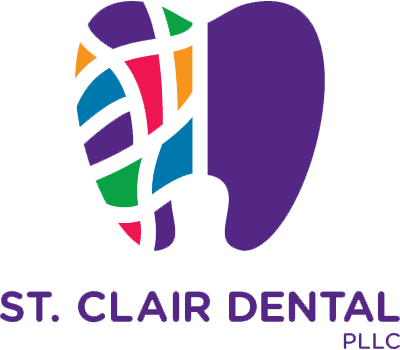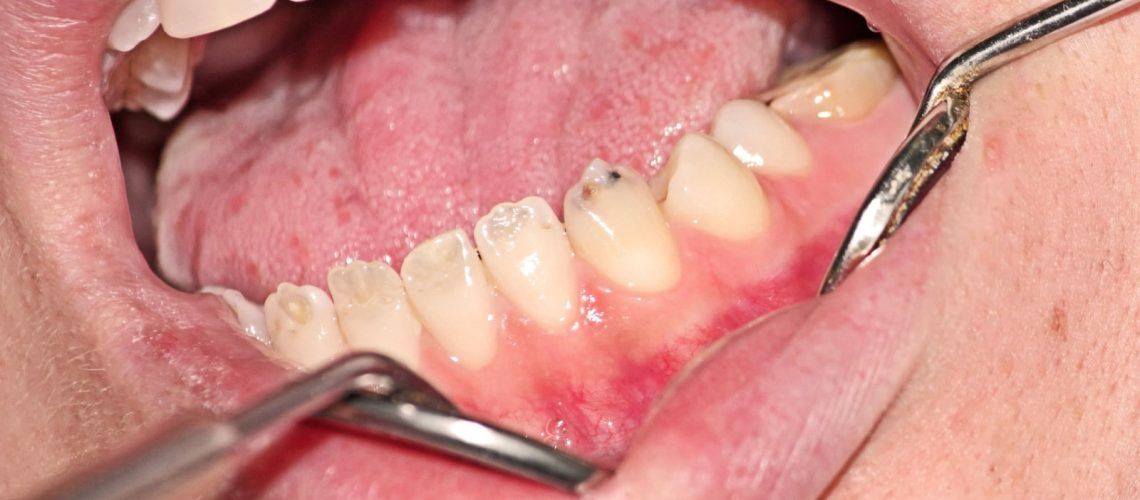Dealing with oral health conditions can be unpredictable, and Dentinogenesis Imperfecta is one such condition that can cause immense problems for a healthy smile. This rare genetic disorder affects approximately 1 in 7000 people each year and causes significant challenges and complications with oral health; here is what you need to know about understanding Dentinogenesis Imperfecta, its symptoms, causes, and available treatment options.
What is Dentinogenesis Imperfecta?
Dentinogenesis imperfecta is a genetic mutation that alters the development and formation of the dentin, the second tooth layer responsible for providing sensitivity to the tooth pulp. This condition arises from abnormalities in the DSPP gene, which plays a crucial role in dentin formation. The mutation can be inherited from either parent or occur spontaneously without any prior family history of the disorder.
There are three classifications for Dentinogenesis Imperfecta, which include:
- Type I: Type I is seen in people with osteogenesis imperfecta, a genetic condition characterized by fragile and easily fractured bones, often appearing without any apparent cause or injury.
- Type II: Type II is considered the most common type, as it occurs without any accompanying genetic disorders. It appears in older populations who experience age-related hearing loss or deafness.
- Type III: While technically not an official classification, type III is an exceptionally rare and isolated case that manifests in people without coexisting hereditary conditions.
One of the most prominent symptoms of this condition is tooth discoloration, as the teeth can appear translucent, bluish-gray, or yellowish-brown in color. The teeth can also appear bulbous and show signs of enamel wear down, which increases the risk of decay and breakage, rapidly deteriorating the tooth.
Even though this condition isn’t curable, your dentist can provide ways to treat and manage it. These treatments aim to prevent further damage and protect the remaining tooth structure, but in some cases, the tooth will need to be completely extracted and replaced. Some treatment options include:
- Fluoride Treatment: Regular dental cleanings combined with fluoride treatments can help strengthen the enamel over time and reduce the effects of the condition.
- Restorative Care: Crowns, veneers, and dental bonding procedures can repair and retain tooth structure when extensive damage to the tooth’s enamel.
- Full Tooth Replacement: If there’s damage to the teeth that are considered irreparable, then implants, dentures, and bridges can be provided after a tooth extraction to help restore your smile.
Visit St. Clair Dental PLLC For A Dental Consultation Today
When it comes to maintaining your oral health and managing conditions such as Dentinogenesis Imperfecta, seeking the expertise of a highly skilled dentist is crucial at St. Clair Dental PLLC. Dr. Maureen Karl can provide exceptional care to patients throughout Granbury, TX. Our team is dedicated to offering compassionate and high-quality dental services. For more information about our services and treatment options for Dentinogenesis Imperfecta, call us at (817) 910-2880 to schedule an appointment and take the first step towards better oral health.

